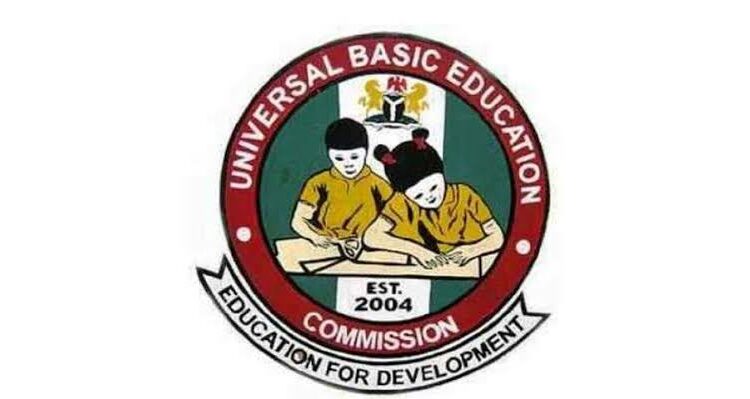Since taking the helm in 2016, the executive secretary of the commission, Dr. Hamid Bobboyi, has been instrumental in shaping policies that enhance the country’s education system.
His leadership has been pivotal in implementing initiatives designed to improve access to and the quality of education for Nigerian children.
UBEC’s commitment to educational improvement is reflected in the wide-reaching impact of its programmes. As of 2024, the commission has launched several key initiatives that address critical challenges in basic education across the nation.
A key part of UBEC’s strategy has been the establishment and expansion of smart schools nationwide. These schools, equipped with modern Information and Communication Technology (ICT) tools such as interactive whiteboards and computer labs, aim to foster digital literacy among both teachers and students, ensuring they are well-prepared for a technology-driven future.
With 37 smart schools now operational across every state, UBEC continues to push forward with the development of additional institutions, many of which are nearing completion.
Another priority for UBEC has been teacher professional development. By allocating over ₦10 billion annually to train and retrain educators, the commission ensures that teachers receive the necessary skills in pedagogy, subject knowledge, and technology integration. These efforts are designed to improve classroom management and enhance learning outcomes for students.
Building on initiatives begun during the COVID-19 pandemic, UBEC has expanded its digital learning programmes. E-learning platforms like Google Classroom, e-learning portals, and various online resources are now integral to Nigeria’s education system.
This year, UBEC is focusing on equipping schools with digital devices and internet connectivity, alongside ongoing teacher and student training, to optimise the use of these resources.
The commission has also made significant strides in inclusive education, dedicating two percent of its annual budget, approximately ₦2.1 billion, to support children with disabilities. This funding supports adaptive learning materials, specialised teacher training, and the integration of students with special needs into mainstream education.
UBEC’s ongoing efforts to improve access to quality education are also evident in the 2024 Universal Basic Education Intervention Projects (UBEIP). These initiatives aim to provide textbooks, learning materials, and infrastructure to underserved communities, helping to bridge the educational gap between urban and rural areas.
In response to the growing demand for digital education, UBEC has further expanded its e-learning platforms in 2024. These platforms offer access to digital resources and online learning in remote areas, where traditional education infrastructure is limited.
UBEC has also been active in raising awareness about the importance of education, especially for marginalised groups such as girls and children with disabilities. Through targeted campaigns, the Commission aims to reduce the number of out-of-school children and foster greater community involvement in education.
It has also strengthened its monitoring and evaluation systems. Regular assessments of key programmes, including the Homegrown School Feeding Programme and Teacher Professional Development initiatives, provide valuable data to guide future planning and policy decisions, ensuring that commission’s efforts continue to drive positive change in Nigeria’s education sector.





